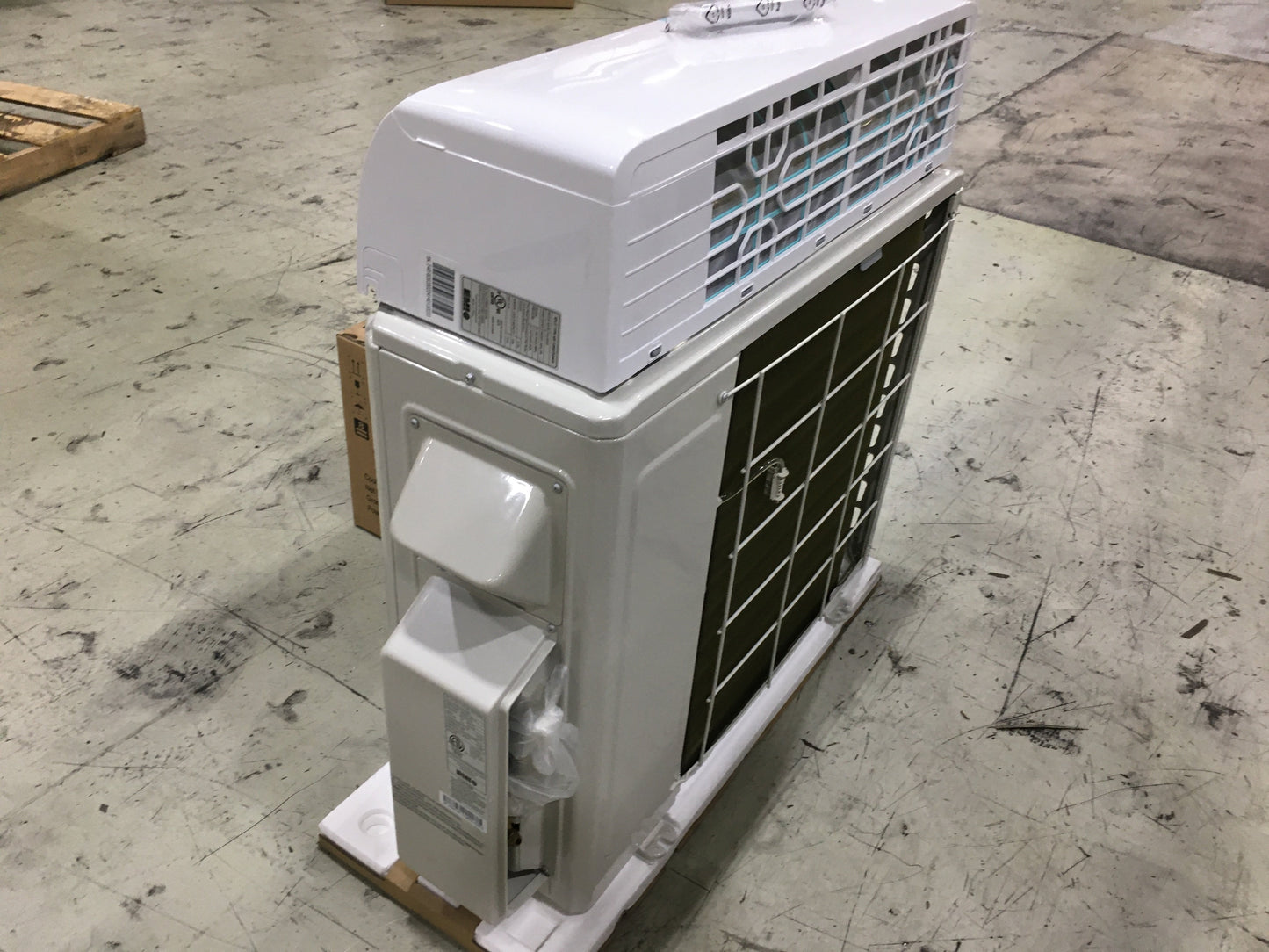Product Details
Product Details
Specifications
Specifications












Our website will make every possible attempt to calculate the shipping charges on your large freight items. Sometimes due to the nature of our business, it is impossible for us to pre determine that exact shipping charge. Our facility uses different sized boxes, different packing material, not to mention freight companies fuel surcharge fees change weekly etc. Several shipping agencies now base their rate on dimension weight versus actual weight whichever is greater. Thus the size of the box comes into play on each and every transaction. We ask for your understanding on this process and you will be notified by our team if we were unable to compute this charge initially.
What will happen is the order will be sent to our warehouse to pack (if you have ordered more than one item we will do our best to combine shipping to insure maximum benefit). It will then go to our shipping dept where they will contact an appropriate shipping agent to get your final charges. Please allow 3-5 business days (Monday - Friday) for this process. Once your shipping charge has been calculated you will either be contacted and asked for payment or if we have your credit card on file then you will be billed for the total amount. Any questions or concerns please contact us.
For items shipping FedEx ground transport with a value of $500 or over we are required by FedEx to send with signature required. Meaning someone of legal age must be available to sign and take possession of order at delivery address. If this would cause a problem please communicate with your sales team member and request to ship via UPS ground instead of FedEx.
IMPORTANT: IF YOUR ITEM IS A LARGE ITEM AND IS MARKED AS GOING FREIGHT. THIS MEANS IT WILL BE SHIPPED VIA FREIGHT TRUCK/SEMI THEREFORE DO NOT MAKE A PAYMENT. OUR WEBSITE CAN NOT CALCULATE FREIGHT SHIPPING CHARGES. SO PLEASE GIVE US TIME TO CONTACT A TRUCKING COMPANY FOR YOU.
Your Freight Quote Does Not Include a Drop Tailgate Style Truck or Delivery to a Residential Address. If Either of These Apply Please Contact Us Prior to Shipping to Make Arrangements and Note There Are Additional Fees For These Services. Your Phone Number is Required for Contact Prior to Delivery Purposes. Handling Time Does Not Start Until After You Have Supplied Us with the Correct Address, a Good Phone Number and Any Related Additional Payments.
We use the Highest Quality Freight Companies and Freight Damage is Very Rare. Although Rare, Minor Dings and Scratches can Happen but will Not Harm the Operation of the Equipment. If a Minor Damage, (Dent, Ding or Scratch) is Present, Accept the Delivery but Note the Damage on the Proof of Delivery Form Prior to Signing for the Delivery and the Freight Company will Make Good on the Damages. If Major Damage, (Total Loss) is Present Do Not Accept the Delivery but Note Severe Damage and Rejected on the Proof of Delivery Form Prior to Signing. The Freight Company will Return the Shipment to Our Warehouse To Start The Claim Process.
Do NOT Sign for Items That Have NOT Been Inspected as once the Bill of Lading is Signed, You Will Own it and Remove Most or All of the Carrier's Liability Even if the Signature is from Someone Else that Received it on Your Behalf.
For any items "just" returned by customer they are responsible for inbound /outbound shipping expenses and restock fee.
Local Pickup is also available. Our showroom is open M-F 7:30am to 4:00pm and some Saturdays by appt from 8am to Noon.
For more information please watch this video.
We are closed on Memorial, Independence, Labor, Thanksgiving, Christmas and New Years Day.
The Lebanon Showroom address is 720 Ransdell Rd, Lebanon IN 46052; the Lafayette, IN location is 3709 US Hwy 52 S, Lafayette IN 47905; the Grand Prairie, TX location is 1205 Ave H, Grand Prairie TX 75050; and the Greenville SC location is 132 White Horse Ct # B,
Greenville, SC 29605-3432. Call us a (765) 482-7000 for more information.